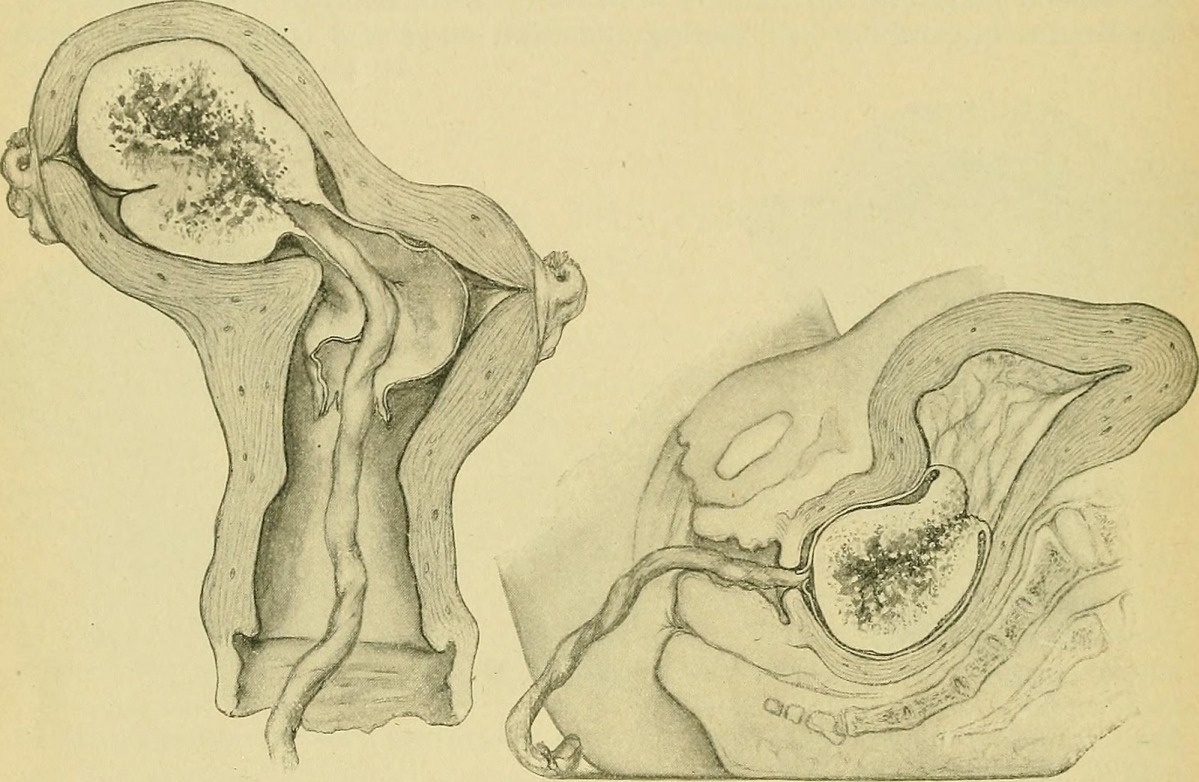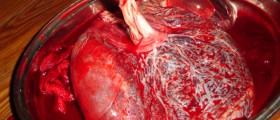A retained placenta is a complication following childbirth. As the name suggests, a retained placenta means a placenta that doesn't come out of the uterus after a woman gives birth to her baby. A placenta can be retained as a whole, or partially. What are the causes of a retained placenta, and what are its treatment options?

Causes
There are several possible causes why a placenta won't come out. A tired uterus that fails to contract is one. This is medically called uterine atony. It is also possible that the cervix closes before the placenta is delivered, causing the latter to be trapped inside the uterus. In this case, the placenta has probably detached from the uterine wall but needs help being "liberated" from the uterus.
The third possibility is placenta accreta. This is a potentially serious condition, in which the placenta is more deeply embedded in the uterine wall than normal. Sometimes, the placenta goes a little deeper, and sometimes it penetrates the whole uterine wall. In extreme cases, a hysterectomy is required.
Treatment
The most common form of treatment of a retained placenta is a shot of the drug Pitocin (which is also used to induce labor) in the thigh. Many hospitals now practice active management of the third stage of labor the stage during which the placenta is delivered as a prevention of retained placenta.If that doesn't work, hospitals move on to manual removal of the placenta. This would be very painful without anesthetic, so you will require a local and sometimes general anesthetic.
Midwives who attend homebirths generally carry Pitocin with them for retained placenta, but they may also use herbs. Uterine massage is also practiced by midwives. If your homebirth midwife is into herbal medicine, ask her what herbs she uses for retained placenta and take your time to check if there is any evidence that they work. If not, request that your midwife carries Pitocin.
- www.nhs.uk/common-health-questions/pregnancy/what-complications-can-affect-the-placenta/
- www.who.int/medicines/areas/priority_medicines/BP6_16PPH.pdf
- Photo courtesy of Internet Archive Book Images by Flickr: www.flickr.com/photos/internetarchivebookimages/14776680862/














Your thoughts on this
Loading...